Troubleshooting Common Equipment Problems in the Field
Even the most reliable pressure washing or soft washing rig will run into problems from time to
time. And when you’re in the middle of a job, you don’t have the luxury of heading back to the
shop. That’s why every professional cleaner should know how to identify and fix common
field issues quickly.
time. And when you’re in the middle of a job, you don’t have the luxury of heading back to the
shop. That’s why every professional cleaner should know how to identify and fix common
field issues quickly.
Here’s a guide to the most common equipment problems you’ll face in the field—and how to
troubleshoot them effectively.
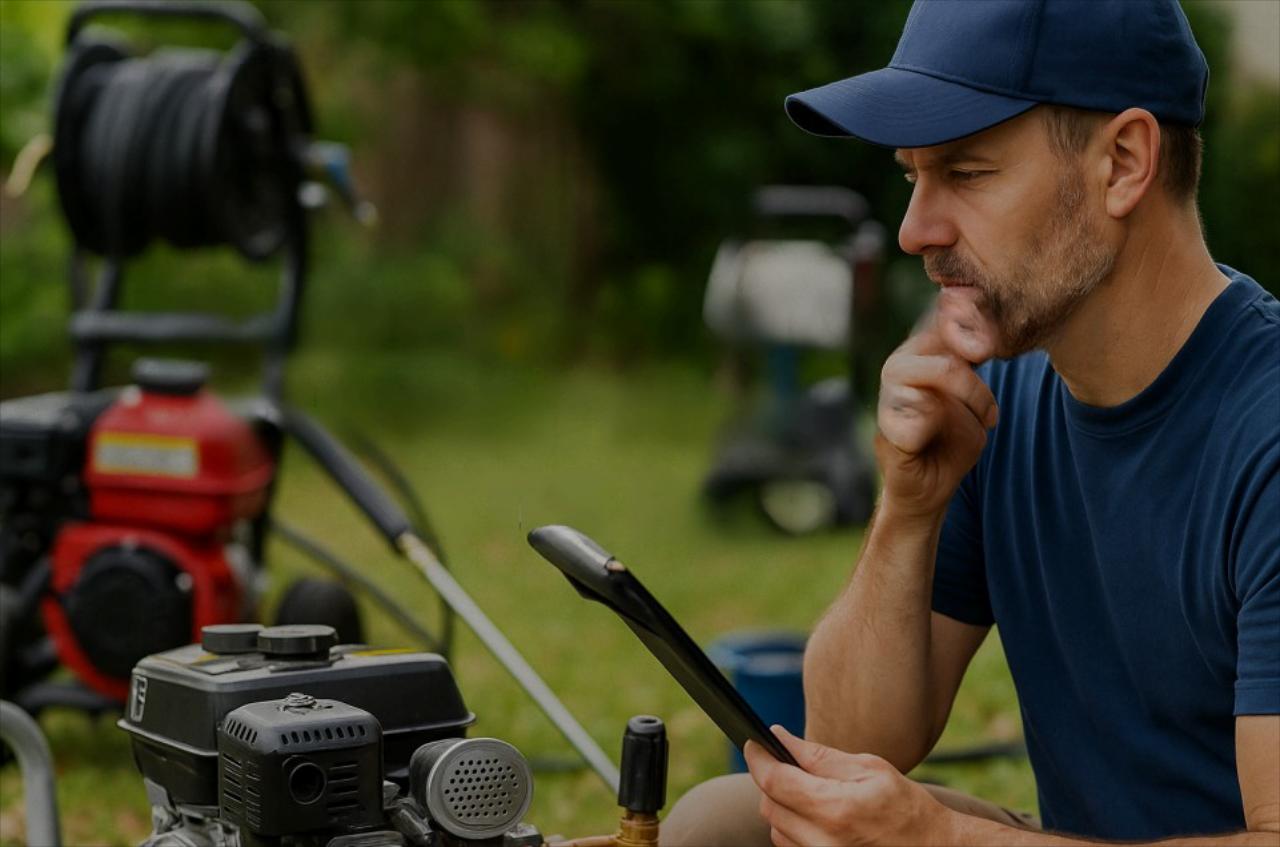
1. Low Pressure or No Pressure
Symptoms:
● Weak spray from wand
● Uneven pressure
● No pressure at all
● Weak spray from wand
● Uneven pressure
● No pressure at all
Possible Causes and Fixes:
● Clogged nozzle: Shut off machine, clean with tip cleaner or replace
● Air in the system: Purge air by running water through the system with the trigger open
● Worn or damaged unloader valve: Replace or adjust pressure settings
● Leaky hose or fittings: Tighten or replace O-rings and fittings
● Clogged nozzle: Shut off machine, clean with tip cleaner or replace
● Air in the system: Purge air by running water through the system with the trigger open
● Worn or damaged unloader valve: Replace or adjust pressure settings
● Leaky hose or fittings: Tighten or replace O-rings and fittings
Recommendation: Always carry extra nozzles and quick connects in your truck or trailer.
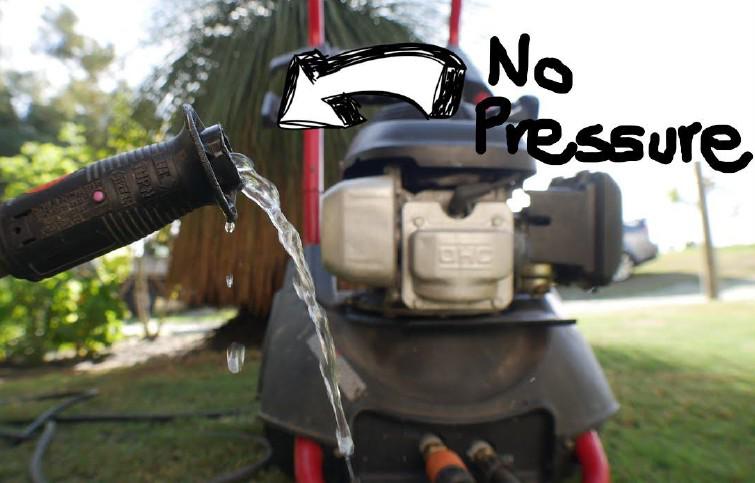
2. Pump Cavitation (Surging or Pulsing Water)
Symptoms:
● Sprayer pulsing
● Inconsistent water flow
● Loud noise from pump Possible Causes and
Fixes:
● Insufficient water supply: Ensure adequate flow from tank or spigot
● Dirty water filter or inlet screen: Remove and clean thoroughly
● Air leak in suction hose: Check fittings and hose for cracks or loose clamps
● Collapsed or kinked hose: Inspect and replace if needed
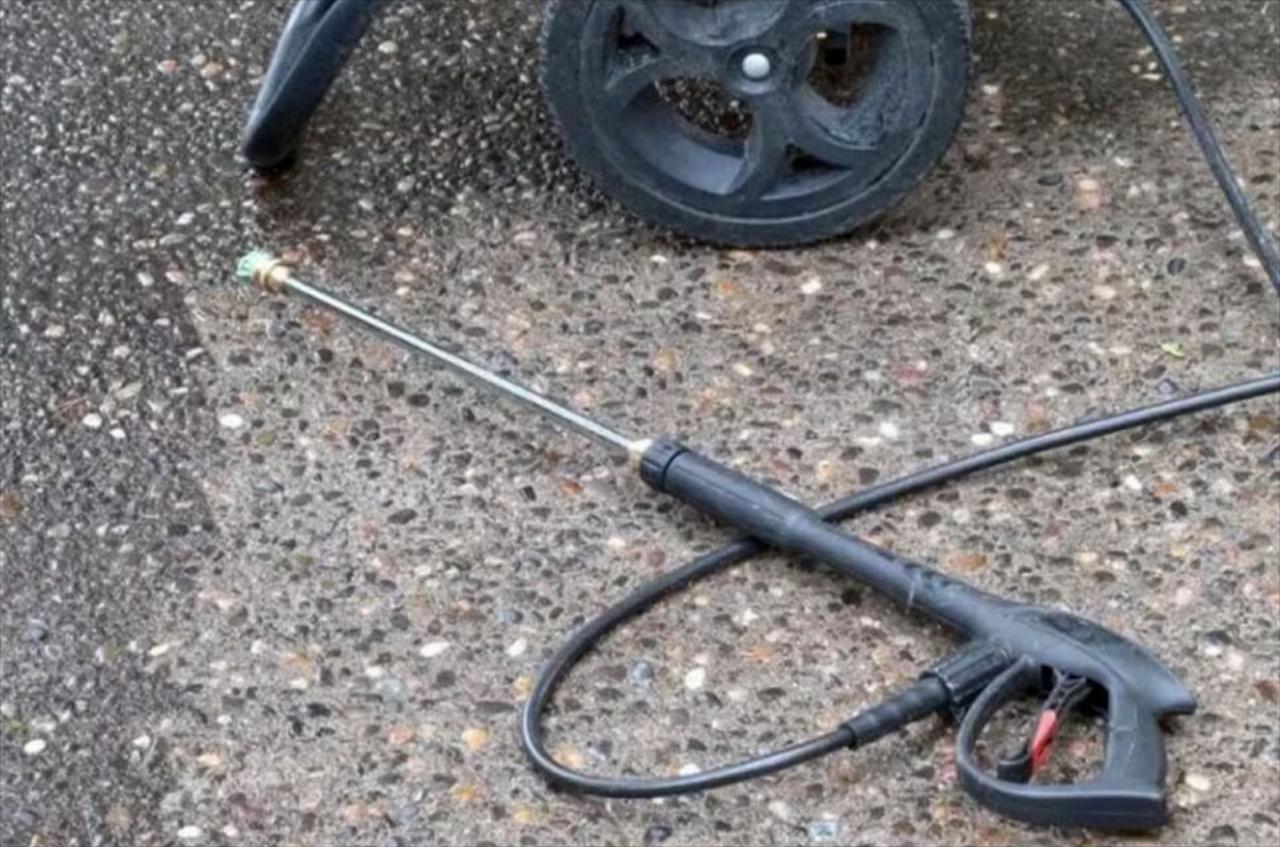
3. Soft Wash System Not Pulling Chemical
Symptoms:
● Pump runs but no chemical reaches wand
● Flow is water-only
Possible Causes and Fixes:
● Clogged intake line or proportioner port: Flush lines and clean chemical ports
● Pinched or cracked hose: Inspect all feed lines
● Check valve stuck closed: Remove and clean or replace check valve
● Empty SH or soap tank: Double-check tank levels
Note: Mark your SH and soap tanks clearly and use visible tubing so you can spot flow easily
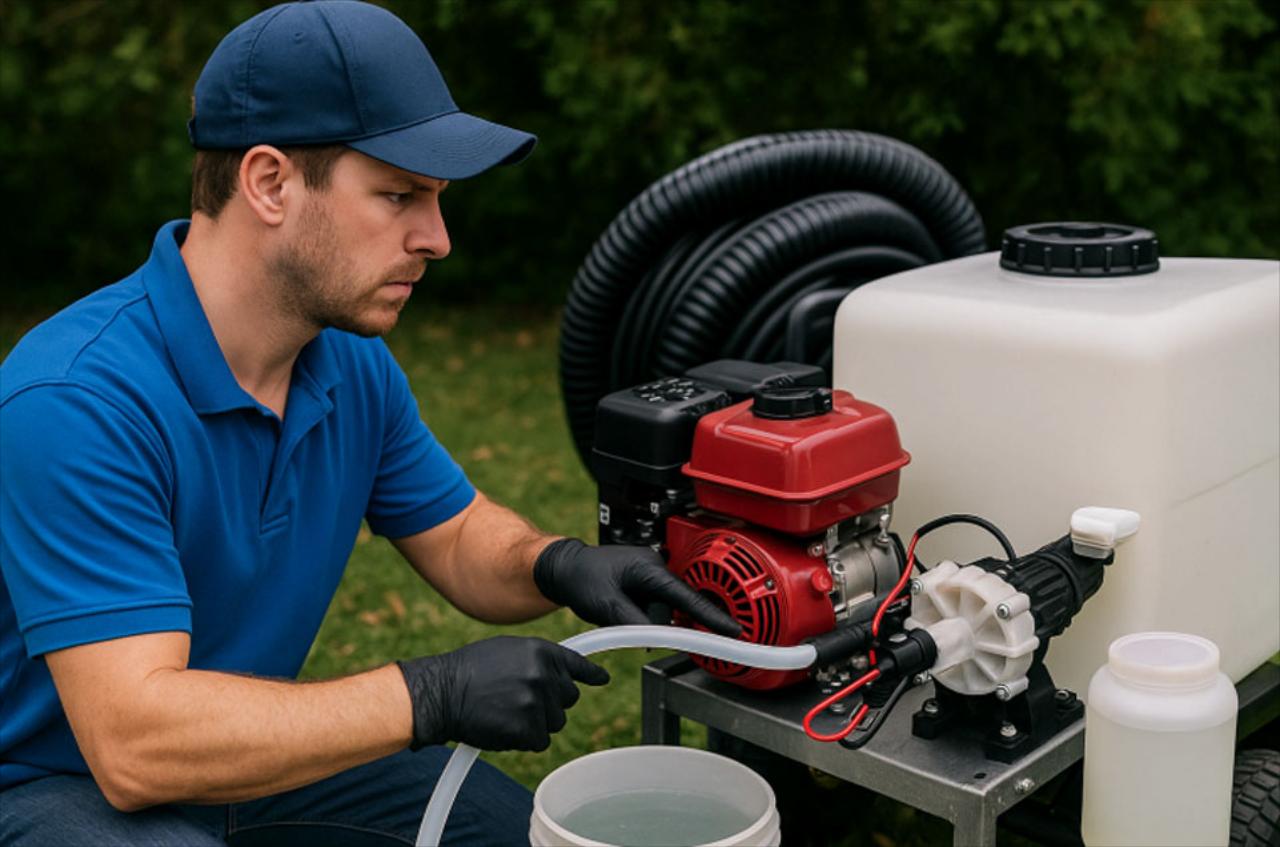
4. Hose Reel Jams or Kinks
Symptoms:
● Hose won’t reel in smoothly
● Binding or friction during operation
Possible Causes and Fixes:
● Hose tension too high: Adjust spring tension (for spring-loaded reels)
● Dirt or debris in reel axle: Clean and lubricate moving parts
● Hose worn or warped: Replace damaged sections
● Hose not layered properly: Rewind with care—use a guide or reel assistant
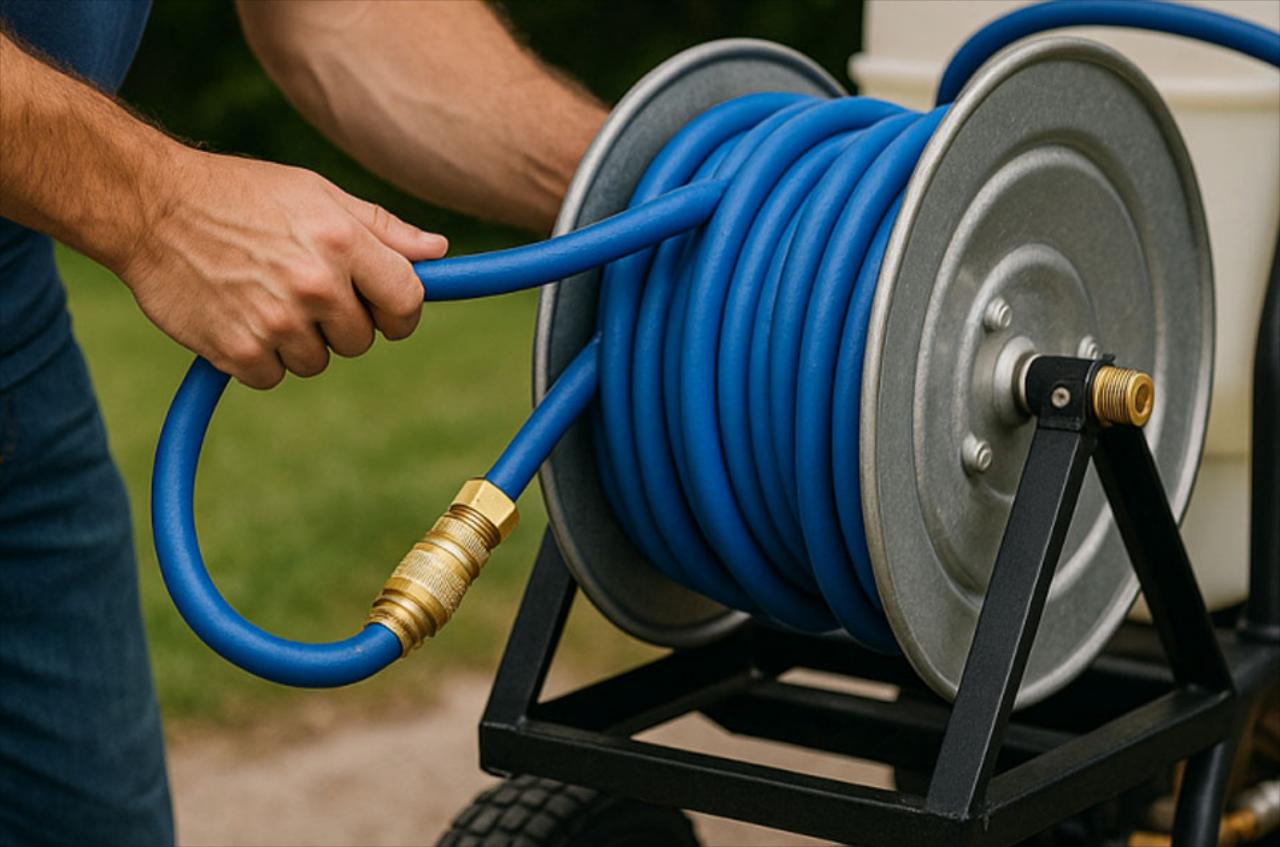
5. Electric Start or Battery Issues
Symptoms:
● Machine won’t start (electric or 12V pump)
● Clicks but doesn’t crank
Possible Causes and Fixes:
● Battery terminals corroded: Clean and reconnect
● Loose ground connection: Inspect wiring and secure terminals
● Battery drained: Recharge or replace with backup battery
● Blown fuse or faulty switch: Inspect with a multimeter
Tip: Carry a backup deep cycle battery or portable charger for longer jobs.
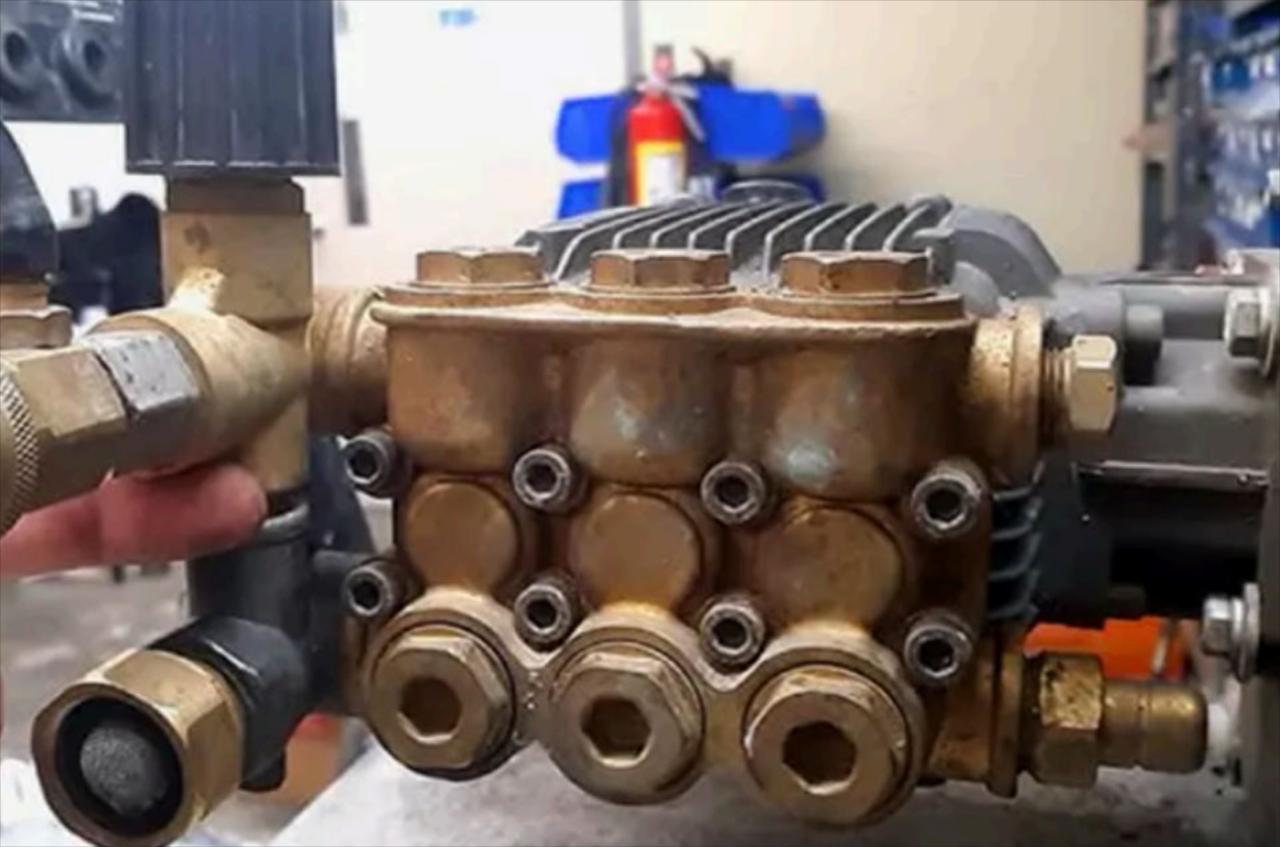
6. SH Corrosion and Chemical Leaks
Symptoms:
● Discoloration or pitting on fittings or reels
● Noticeable chemical smell or puddles
Possible Causes and Fixes:
● Improper rinse down after use: Always rinse entire system at end of day
● Cracked fittings or seals: Replace with chemical-rated replacements (poly or stainless steel)
● Leaky ball valve or injector: Rebuild or replace component
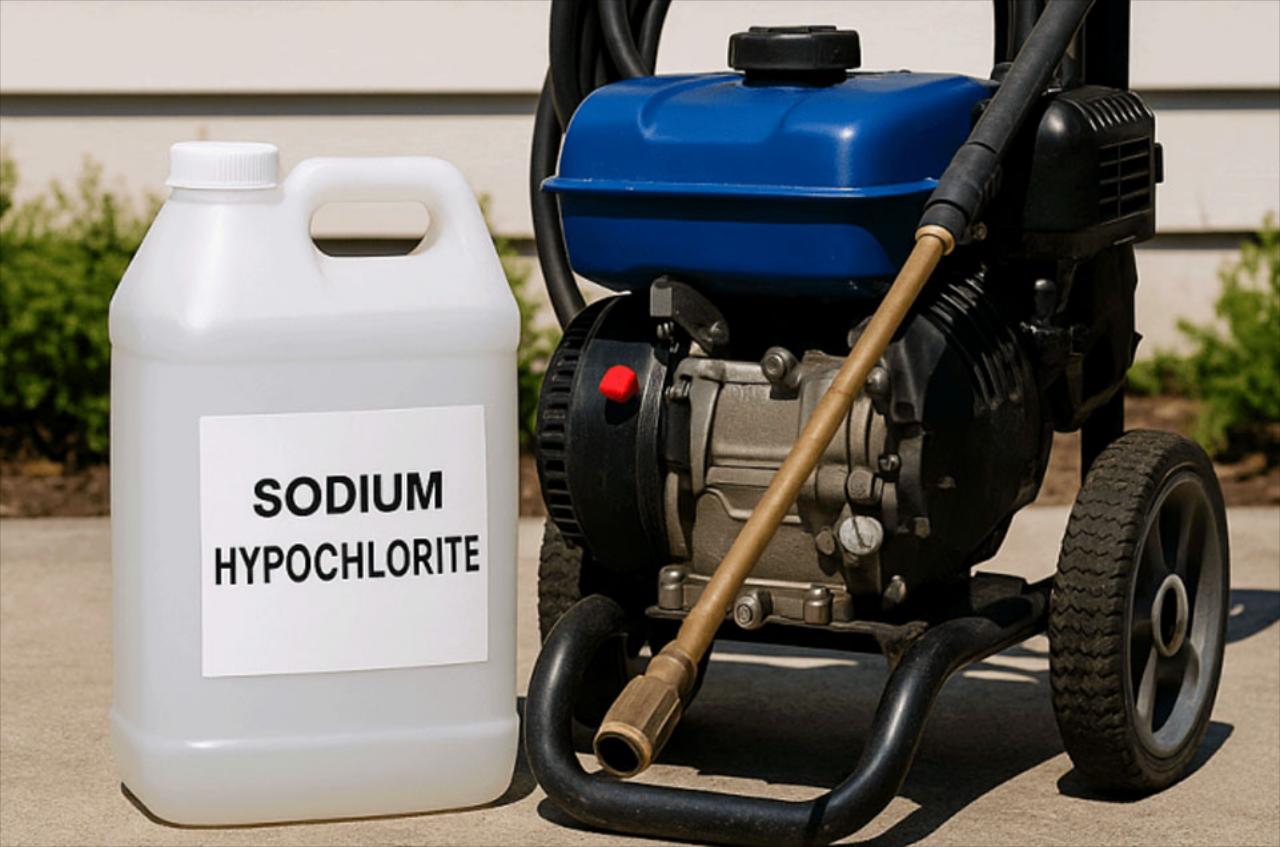
7. Engine Won’t Start (Gas-Powered Equipment)
Symptoms:
● No ignition when pulling cord or turning key
● Weak or no crank
Possible Causes and Fixes:
● Old fuel: Replace with fresh gas
● Clogged carburetor: Clean or replace if gummed up
● Low oil level (auto shut-off engaged): Check and refill
● Spark plug issue: Clean or replace
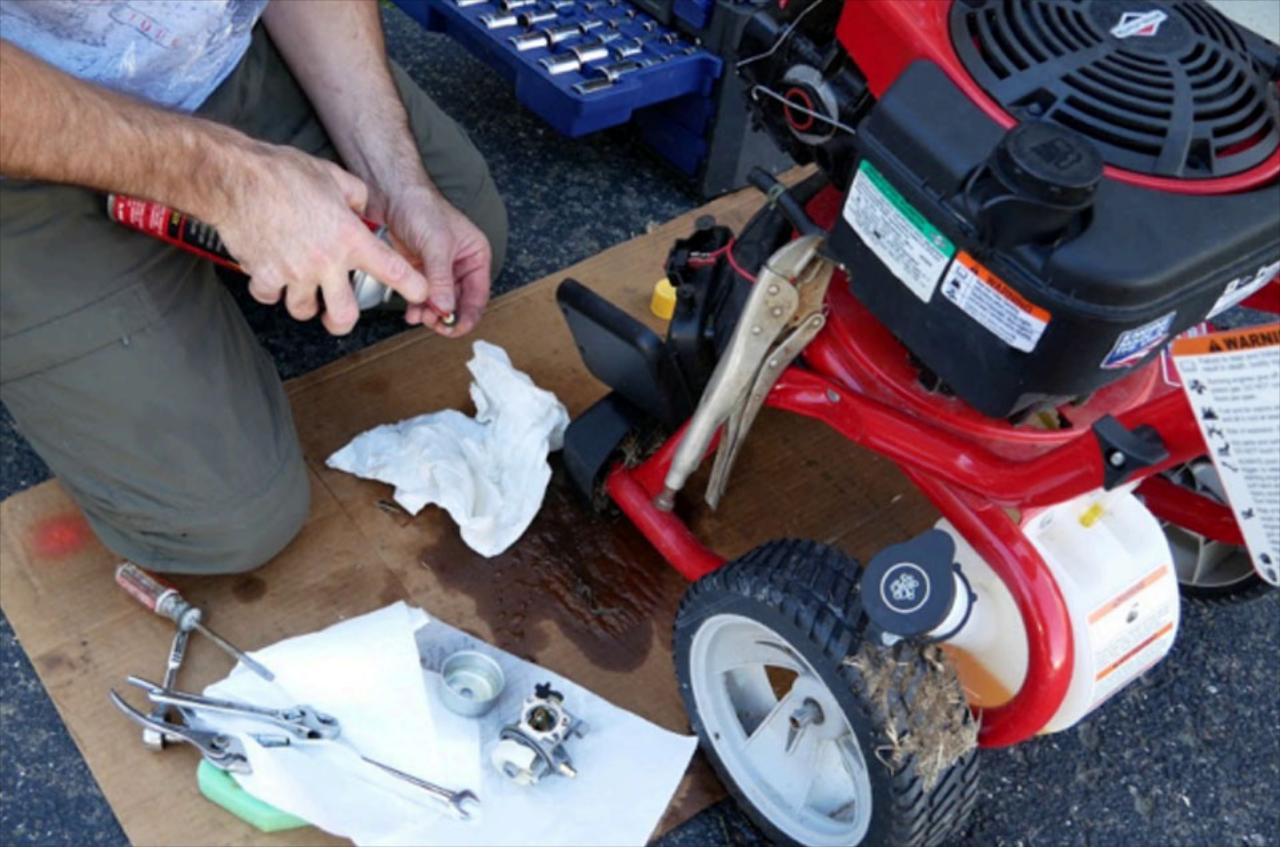
What to Keep in Your Field Repair Kit
● Extra nozzles (0°, 15°, 25°, 40°, soap)
● Quick connect couplers and O-rings
● Teflon tape
● Spare hose section or repair clamp
● Hose washers
● Tip cleaning tool
● Multimeter (for 12V troubleshooting)
● Zip ties and hose clamps
● Hand tools (adjustable wrench, screwdrivers, pliers)
Final Thoughts
The best field technicians aren’t just skilled washers—they’re problem-solvers. Learning how to troubleshoot common equipment issues gives you confidence, keeps your jobs on track, and helps protect your reputation.
You don’t need to be a mechanic—but you do need to be ready.
Need replacement parts, rebuild kits, or field repair tools?
LNI Equipment stocks:
● Unloader valves, pump seals, and O-rings
● Nozzles, ball valves, and hose reels
● Chemical-rated fittings and repair kits
View more related blogs
